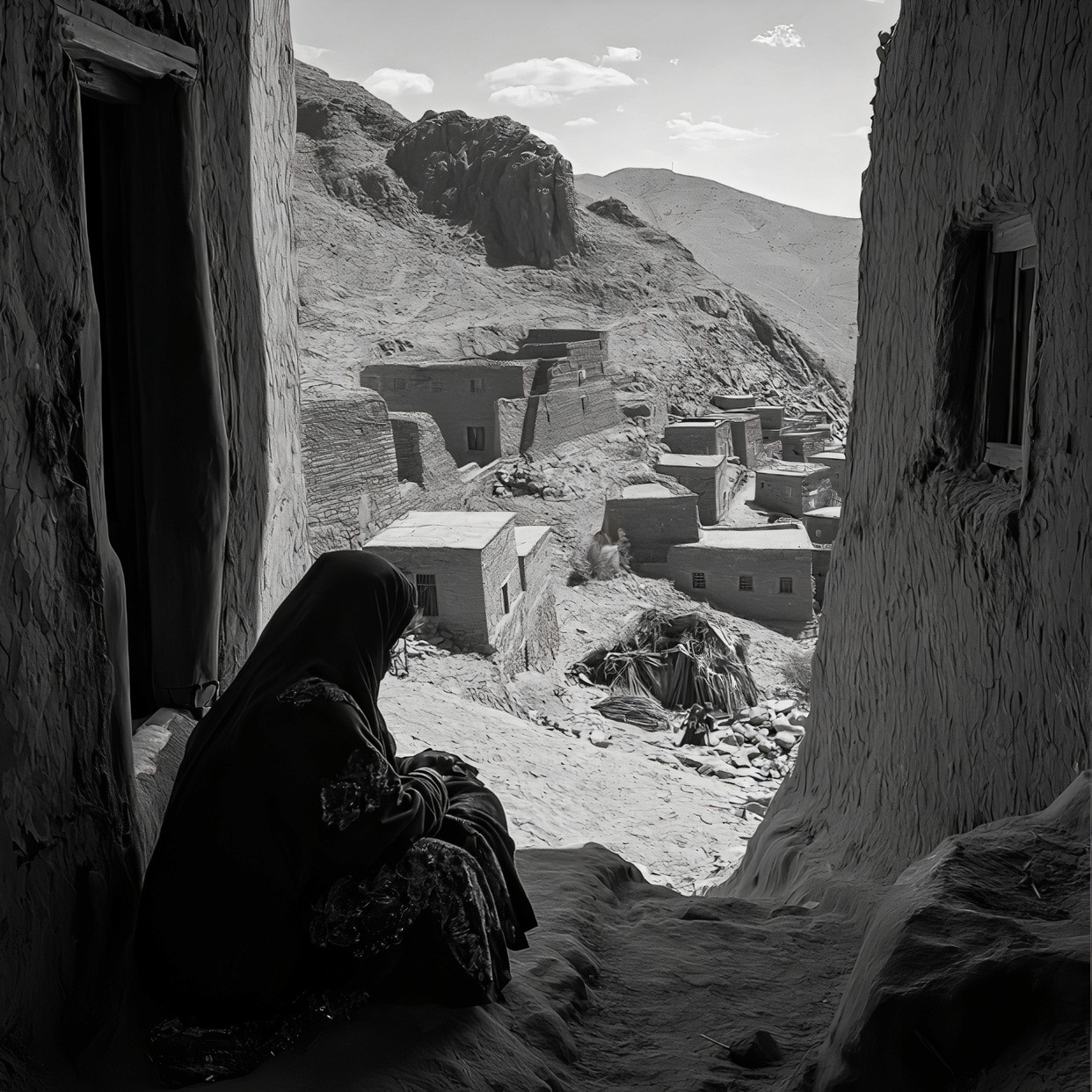
Free People
The Atlas Mountains in Morocco hold more than just majestic landscapes and rugged nature. It is here, among the peaks and valleys, that one of the oldest cultures of North Africa has survived—the culture of the Amazigh, who refer to themselves as the “free people.” In this article, I have chosen to use the term "Amazigh" instead of "Berber," as the word "Berber" originates from the Latin barbarus, meaning "barbarian"—a term that does not accurately reflect the essence of this proud and independent community.
The Amazigh, free people, have inhabited the foothills of the Atlas Mountains for millennia, and their history is a continuous struggle for independence and the preservation of their identity. As we traverse these mountains, we uncover a world where magic, mysticism, and ancient beliefs intertwine with reality, shaping the daily lives of the inhabitants.
An Encounter on the Backroads: The World of the Amazigh
During one of my treks through the remote trails of the Atlas, I am accompanied by Mohamed—a sailor whom I met in Tangier under rather unusual circumstances. We met when I literally fell on his head from one of the rooftops, an event I have already mentioned in my first article, Sentimental Tale from Morocco. Our extraordinary encounter led to a friendship that brought me deep into the heart of the Atlas.
We traverse narrow paths winding through rocky slopes and picturesque valleys when we spot a figure approaching us in the distance. It is an elderly man, leaning on a wooden staff, whose age and experience are evident in every step. As we draw nearer, Mohamed begins a conversation in the Tamazight language. They exchange words for a moment, after which Mohamed turns to me and explains that the man is Abdellah, a respected member of the local community. Although I did not realize it at first, it soon became clear that we had encountered someone extraordinary.



Spirits and Baraka: An Encounter with the Invisible
Soon, after a shared journey, we arrive at a remote village hidden among the peaks of the Atlas. Stone houses and narrow paths form a labyrinth where time seems to flow more slowly. As we reach the center of the village, Mohamed explains to me that Abdellah has arranged for me to meet with two members of the jmaa—the council of elders, which serves as the guardian of local traditions and customs.
This is a unique opportunity to delve into the secrets and beliefs of the Amazigh that have endured through the ages. As I immerse myself in conversations with the jmaa members, I discover that spirits and baraka—the magical power that permeates the world of the Amazigh—are an integral part of their daily lives. It is an invisible force that influences decisions, protects from harm, and guides in moments of uncertainty.
The discussions with the jmaa reveal to me how deeply these beliefs are rooted in everyday rituals and customs. Baraka is seen as a gift from the ancestors, passed down from generation to generation, and its strength depends on piety and purity of heart. Spirits, though invisible, are ever-present in the lives of the Amazigh, and their influence can be both benevolent and detrimental.



The Survival of Tradition: Challenges of Modernity
During my visit to the village, I also notice that while the Amazigh remain true to their traditions, modernity is increasingly making its way into their lives. The younger generations, though they respect the heritage of their ancestors, are often forced to balance between traditional beliefs and the challenges of the modern world.
Some of the ancient rituals are slowly fading, and new generations are beginning to question the power of baraka or the presence of spirits. Nevertheless, the conversations with the jmaa members give me hope that the deeply rooted faith and pride in belonging to the Amazigh community will allow them to survive for centuries to come, despite changing circumstances.
My encounter with Abdellah, Mohamed, and the members of the jmaa was an unforgettable experience that allowed me to explore the mysteries of the ancient beliefs of the Amazigh. I will always be grateful for this surprising opportunity. The Atlas Mountains, with their rugged nature and profound spirituality, hold the history of a people who have fought for their independence and identity for centuries. Their magic, mysticism, and extraordinary connection to the invisible world still permeate daily life, creating a unique mosaic of traditions and beliefs that are worth discovering and respecting.

